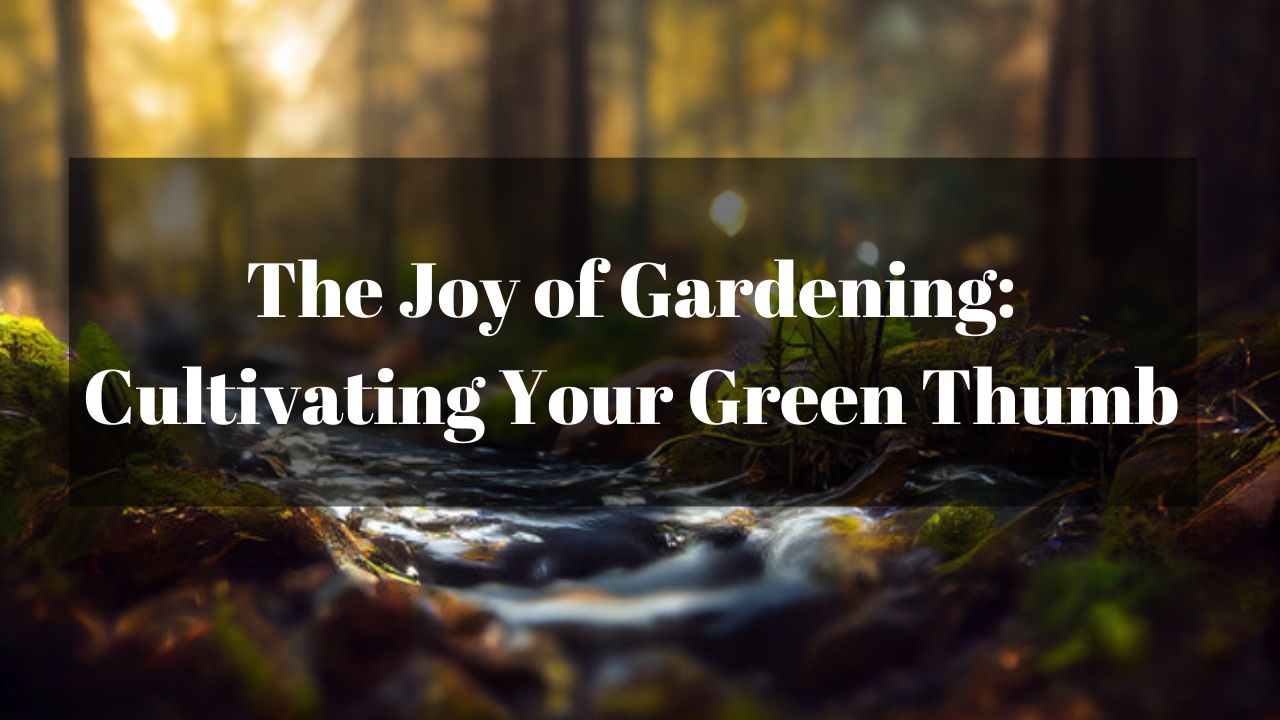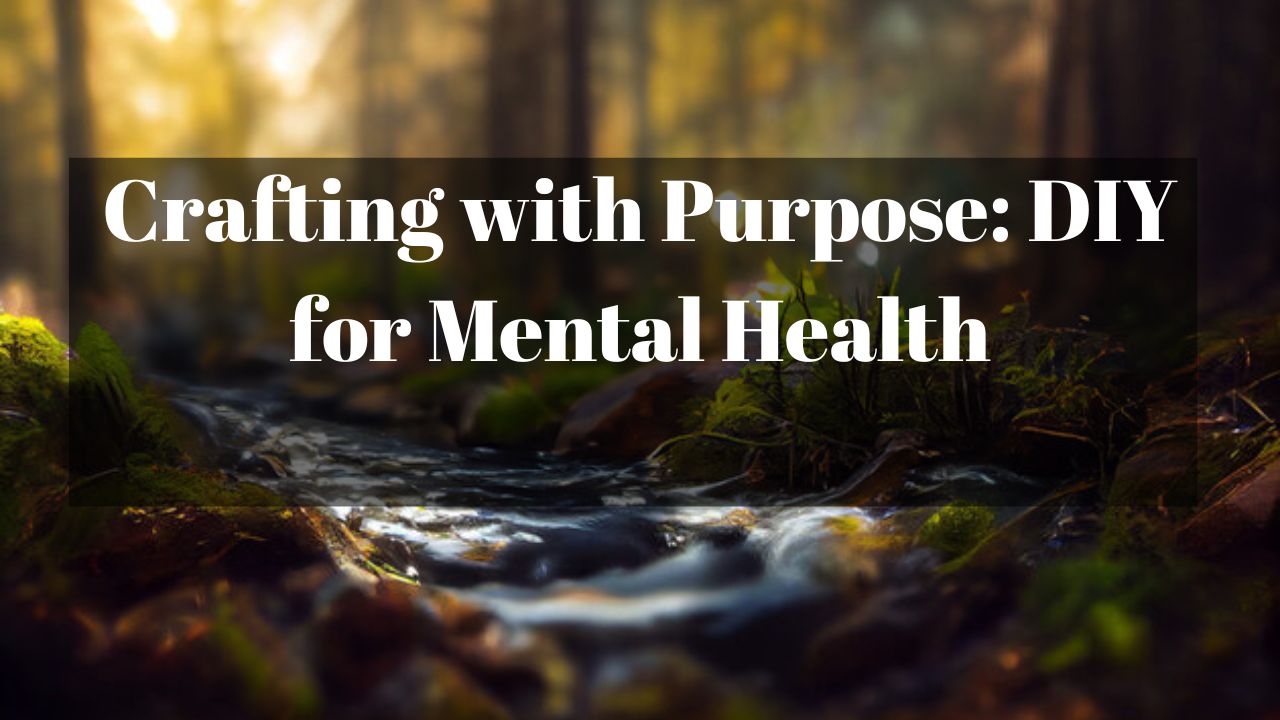The Joy of Gardening: Cultivating Your Green Thumb
Gardening is not just a hobby; it’s a therapeutic journey that allows individuals to connect with nature, nurture life, and find solace in the midst of a bustling world. Cultivating a green thumb is more than just planting seeds; it’s about creating a thriving oasis that brings joy and fulfillment. In this article, we’ll explore the art of gardening, the science behind it, and the numerous benefits that come with cultivating your green thumb.
The Therapeutic Benefits of Gardening
Gardening has been proven to have profound effects on mental health. The act of nurturing plants, witnessing growth, and being surrounded by greenery can alleviate stress, anxiety, and depression. Studies have shown that exposure to nature and gardening activities increases serotonin levels, the neurotransmitter responsible for regulating mood. The rhythmic nature of gardening, from planting seeds to harvesting, provides a sense of purpose and accomplishment.
Connecting with Nature
In today’s digital age, where screens dominate our attention, gardening offers a unique opportunity to disconnect and reconnect with the natural world. Tending to plants, feeling the soil between your fingers, and observing the cycles of growth create a sensory experience that grounds individuals in the present moment. The sights, sounds, and smells of a garden contribute to a holistic connection with nature, fostering a sense of tranquility and balance.
Starting Your Garden Journey
Embarking on a gardening journey doesn’t require a vast backyard or extensive knowledge. Beginners can start small with container gardening or indoor plants. Choose plants that align with your climate and available sunlight. Herbs like basil and mint, or resilient houseplants like succulents, are excellent starting points. As you gain confidence and experience, you can expand your garden to include flowers, vegetables, and more.
Understanding Soil and Composting
The foundation of a successful garden lies in healthy soil. Different plants have varying soil requirements, so it’s essential to understand the composition of your soil and make necessary amendments. Composting is a sustainable practice that enriches the soil with organic matter, promoting nutrient absorption and microbial activity. Compost can be made from kitchen scraps, yard waste, and other organic materials, reducing waste and contributing to a healthier environment.
Choosing the Right Plants
Selecting the right plants for your garden involves considering factors such as climate, soil type, and available space. Native plants are well-adapted to local conditions and often require less maintenance. Additionally, consider planting a mix of perennial and annual flowers for continuous bloom, and include vegetables and herbs for a functional and edible garden. Researching and planning your plant selection ensures a harmonious and thriving garden.
Watering and Care
Proper watering is crucial for plant health. Different plants have different water needs, so it’s essential to understand the requirements of each species in your garden. Overwatering can lead to root rot, while underwatering can result in wilting and poor growth. Create a watering schedule based on your plants’ needs and adjust it according to weather conditions. Regular inspection for pests and diseases allows for early intervention, maintaining the overall health of your garden.
Seasonal Considerations
A successful gardener understands the importance of seasonal changes. Different plants thrive in different seasons, and planning your garden accordingly ensures year-round beauty. Spring is the season of renewal and abundant growth, while summer brings vibrant blooms and the harvest of many vegetables. Fall is a time for transition, with brilliant foliage and preparation for winter, and winter itself can showcase the beauty of evergreen plants and frost-covered landscapes.
Gardening for Sustainability
Incorporating sustainable practices into your gardening routine not only benefits the environment but also enhances the overall health of your garden. Rainwater harvesting, using organic fertilizers, and practicing integrated pest management are sustainable approaches that minimize the ecological impact of gardening. By embracing eco-friendly methods, you contribute to the well-being of the planet while enjoying the fruits of your labor.
Community and Sharing
Gardening is a communal activity that fosters connections with neighbors, friends, and local communities. Consider joining a community garden or participating in gardening clubs to share knowledge, resources, and the joy of gardening with like-minded individuals. Community involvement not only enriches your gardening experience but also promotes a sense of belonging and shared responsibility for the environment.
Conclusion
Cultivating a green thumb is a journey of joy, discovery, and connection with the natural world. Whether you have a sprawling backyard or a small balcony, gardening offers a canvas for creativity and a sanctuary for relaxation. Embrace the therapeutic benefits, start small, and let your garden grow along with your skills and passion. The joy of gardening is not just in the beauty of the blooms but in the process of nurturing life and creating a flourishing oasis that reflects the love and care you invest in it.
Thanks for visiting Respect Lifestyle











